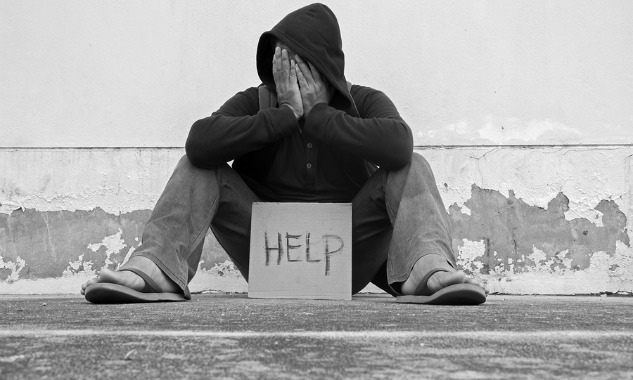There is an alternative to introducing laws that ban rough sleeping, says an alliance of 54 Victorian welfare chiefs, church leaders and legal experts, who will jointly release an alternative 14-point plan that the City of Melbourne could adopt.
A group of representative CEOs and community leaders will gather at Melbourne Town Hall to urge Council to pursue the alternative, compassionate response to Melbourne’s homelessness crisis.
The Proposed Framework For Responding Effectively To Homelessness In The City Of Melbourne outlines a suite of evidence-based, practical alternatives that addresses the Council’s challenges, without enacting punitive and ineffective legislation.
Already, 2,400 individuals and organisations have given feedback to the City of Melbourne about their proposed ‘homeless bylaws’, with 85 per cent of them opposing new laws.
“City of Melbourne Councillors will soon vote on whether we are to become a city that punishes people for being homeless, or a city that continues its humanitarian track record on homelessness and sound social policy,” said the alliance.
“The collective expert advice of over 50 community and legal agencies is that new laws will do nothing to solve homelessness, and will only make things worse for already very disadvantaged people, entrenching them in the justice system, and lumping them with fines they can’t pay.
“We cannot arrest our way out of the homelessness crisis. Today we are presenting a clear plan which, if adopted, would allow Council to maintain their compassionate and humanitarian track record in dealing with rough sleeping in the CBD.”
54 CEOs endorsed a 14-point plan to end homelessness. A snapshot of some of the recommendations:
- More lockers and storage for rough sleepers. This would reduce belongings being kept on the streets and prevent people’s documents and possessions being destroyed.
- Clear guidance about belongings. Like Sydney’s ‘two bags and a swag’ rule, clear communication from Council about amounts of belongings could help to strike a balance between the needs of homeless people and recognising the need for streets to be accessible.
- More safe spaces at night. Programs offering safe alternative to sleeping rough could be expanded and further integrated with support services that help users find permanent ways out of homelessness.
- Daily Support Teams. Council’s team of specialists homeless outreach workers could form a direct partnership with an external homelessness support agency to facilitate the coordination of effective responses.
- Training by people who’ve experienced homelessness. Training for CBD workers who are likely to encounter homelessness will enable them to give informed responses and referrals to appropriate services.
- Involve people experiencing homelessness in solutions. Engaging and consulting with people experiencing homelessness will help to inform effective, practical solutions.
- Rely on existing laws (if needed). The Council and Victoria Police have a range of existing powers that could be continued to be relied on to regulate the use of public space when necessary, rather than making new, redundant laws.
- Adopt evidence-based approaches. Council could adopt successful approaches such as those taken by Utah, which reduced rough sleeping by 91 per cent using the Housing First model.
- Help the public to understand what causes homelessness. Helping the public understand that homelessness is due to systemic failures, not individual choices will lead to better informed responses across the community at large.
- Prevention. The Council could continue to support services and legal frameworks that prevent avoidable evictions into homelessness.










